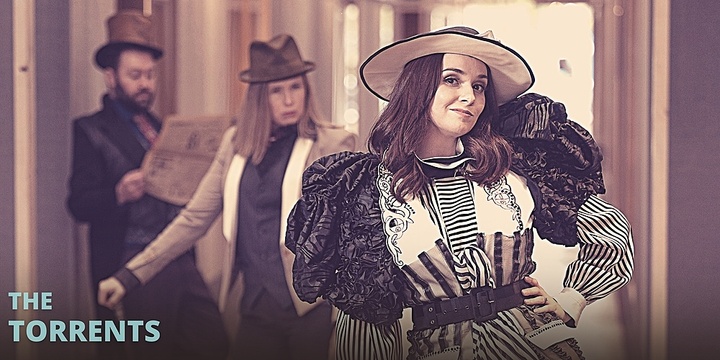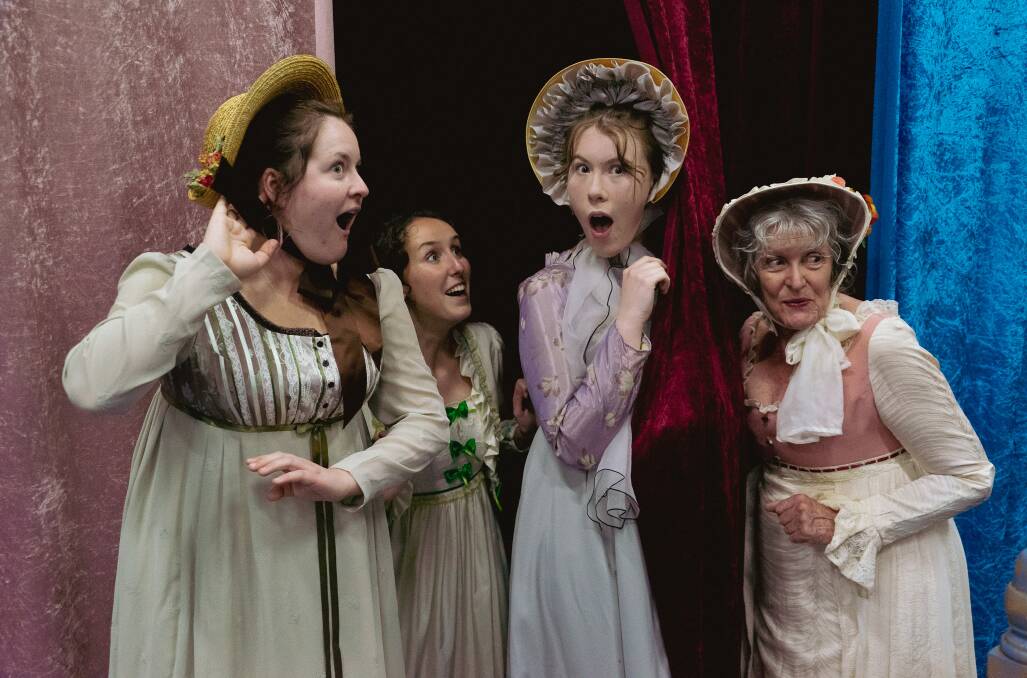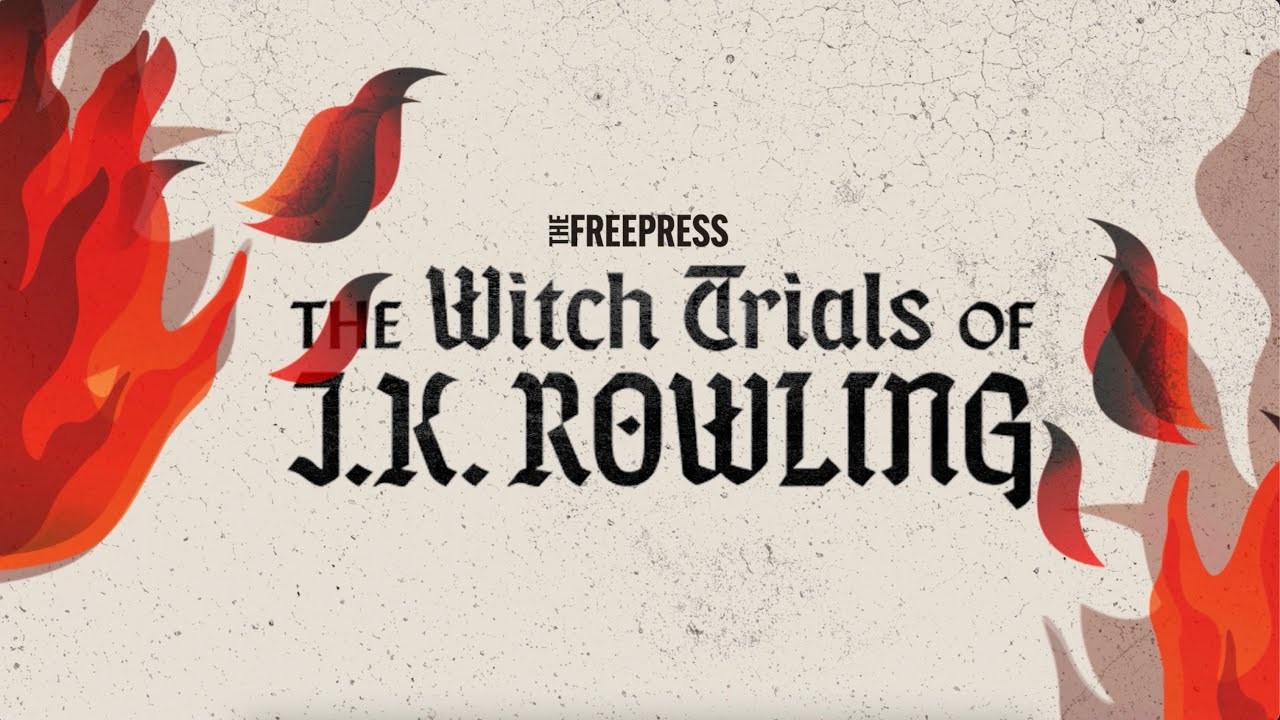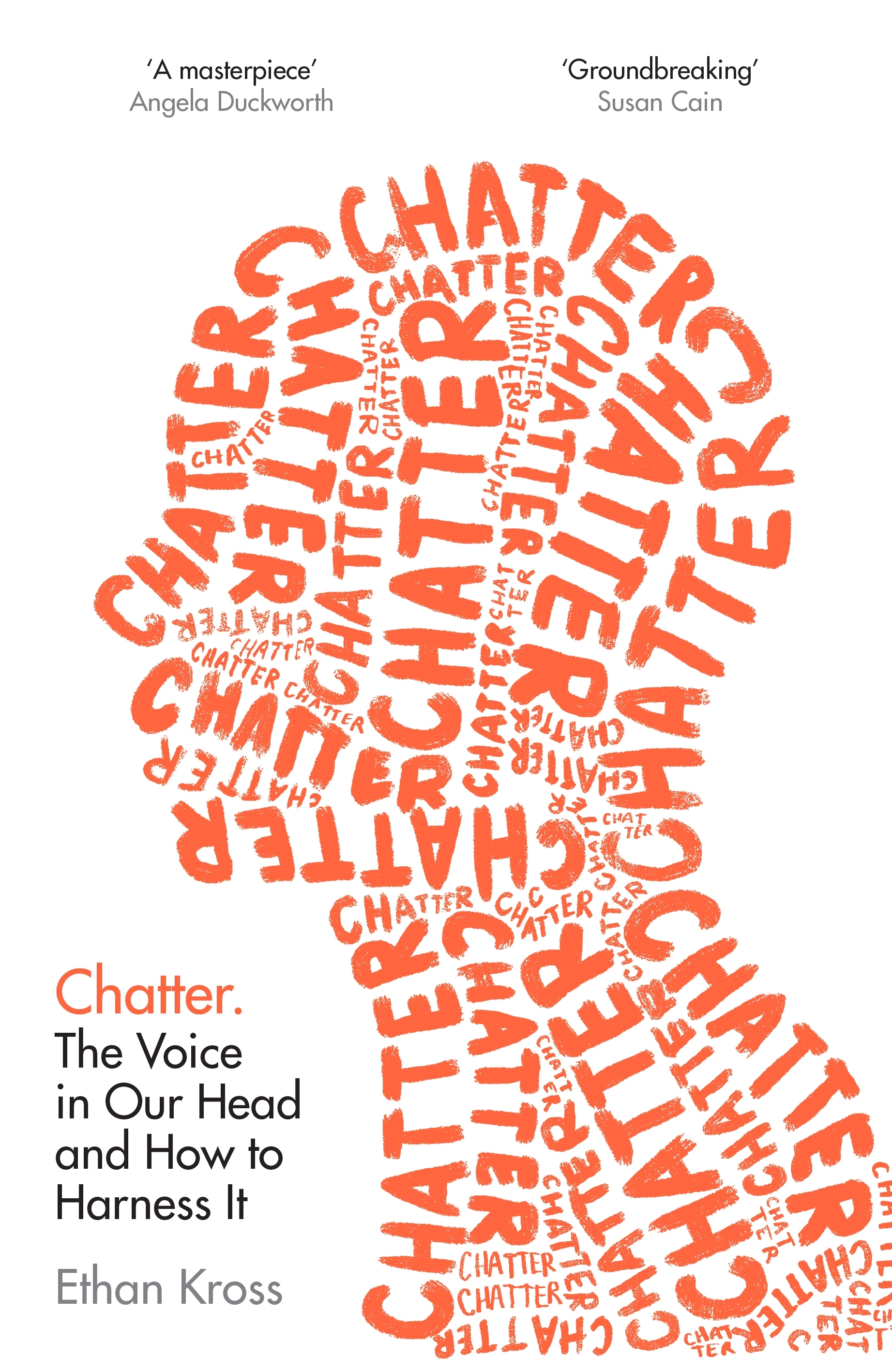- Burnett Heads tiger prawn fennel, zucchini, macadamia milk
- Dry aged duck breast fig, radicchio, mushroom & duck sausage
- Slow roasted pork belly fermented blueberries, butternut, parsley
- Humpty Doo barramundi fumé, cherry tomatoes, squash
- “Little Joe’s” scotch fillet gem lettuce, potato dauphinoise, pepper jus
- Thai basil vacherin yuzu ganache, passionfruit, finger lime
- Raspberry sorbet yoghurt mousse, white chocolate, Davidson plum
Friday, 14 April 2023
Friday Five: Anniversary Dishes
Wednesday, 12 April 2023
Unconvincing Café Crime: The Secrets of Strangers
The novel is written in the present tense and structured in short
chapters with different third-person-omniscient perspectives to make it feel
immediate and resemble a TV drama or a play. Neil is an erstwhile teacher, now homeless
due to a gambling addiction, Abi is a defence lawyer, Mutesi is a Carer at an
aged care facility, Sam is the gunman who has shot Robert, the café owner, and Eliza
is the police negotiator.
The most interesting and believable of these characters is Eliza, who is
co-ordinating between the gunman on the phone and those directing the police
operation on the ground. Tension abounds when they want to enter the building
although she cautions against it. Her communication with Sam must be rational
and calm as she tries to establish a rapport and get to the crux of the matter.
Everyone has the capacity for both good and evil and Sam is plagued by
memories of a two-faced puppet, an obvious metaphor for his relationship with
his manipulative step-father. The owner of the café, Robert, whom everyone
thought was a good guy, is actually a snake and uses coercive control on his
partners. He’s a narcissist and a sociopath, and few people can see through him
as he gaslights women (including Sam’s mother) and convinces them they have
gaping holes in their memory and forget whole conversations.
In a very conventional outlook, we are guided to believe that children
are the future and the reason for living. Mutesi is only afraid for her
grandson; Abi is undergoing IVF in a desperate attempt to conceive which has
taken over her life and that of her partner, as if she is nothing without
offspring.
Friday, 7 April 2023
Friday Five: Books Read in March
- The Invisible Bridge by Julie Orrigner: Spanning several years (and 600 pages), this is an epic historical novel in the style of Dr Zhivago traversing Europe from grand opera houses to forced labour camps and many things in between. Andras Lévi is a Hungarian architect student who travels to Paris on a scholarship in 1937. Clearly things are going to go rapidly downhill for him, his friends and his family in great (sometimes excessive) detail. There is romance and passion beneath the politics and, as many of the characters are involved in the theatre scene, it sometimes feels staged and melodramatic.
- Mr. Macgregor by Alan Titchmarsh: Yes, 'that' Alan Titchmarsh (English gardener, broadcaster, TV presenter, poet and novelist). Apparently gardeners are sexy these days and a valued staple of any TV station's talent. From the lights of the studio to the marquees of the Chelsea Flower Show, it's full of 1980s stereotypes including cowboy builders, bitchy gay presenters, man-eating female news reporters and division of women into the categories of young, attractive and nubile or old, fat and ugly. There are plenty of adjectives, and a couple of jokes, but none of them are original. According to a quote on the jacket, Jilly Cooper found it 'absolutely charming... made me understand a lot more about men.' I sincerely hope not.
- We, the Survivors by Tash Aw: We know from the beginning of the novel that the narrator has killed someone, but we are not sure who and why; all that is apparent is that he doesn't seem to show any remorse. As he tells his tale to a journalist, the Albert Camus-like nihilism gives way to a raging sense of injustice about the casual and heartless treatment of illegal immigrants. The author sets the novel in Malaysia, where, through evocative prose the 'other' is made empathetic and the economic consequences become humanitarian ones. The burgeoning sentiment of connection to the land is at odds with the capitalist ethos of exploitation of natural resources and cheap labour. Language is important in the war against dehumanisation, and Tash Aw uses words with a surgeon's precision.
- Think Again by Adam Grant: Examining the power of knowing what you don't know (which is also the subtitle of the book), organisational psychologist Adam Grant weaves research and anecdote together to help us exercise our curiosity. The world is a little short of understanding and tolerance right now, where people take up a position on a subject and refuse to budge, scared they may be accused of betraying their ideals or losing face, when really they are adapting their position based on new knowledge. It's interesting to reframe our thoughts by highlighting our similarities before our differences and allowing mental flexibility to triumph over rigid resistance.
- The Cat and the City by Nick Bradley: This month's Family Book Club choice was by Scary Sis, and it proved quite a hit with the group. The collection of short stories are loosely connected by a calico cat which wanders both through the pages of the book and also through the streets of Tokyo, communicating with factory workers, tattoo artists, homeless people, jilted lovers, taxi drivers and agoraphobic gamers, among others. Including photographs, manga, footnotes, haiku and a work in translation, the styles are different and engaging throughout, each snapshot working together to create a wonderfully evocative image of the culture and flavour of this busy Japanese city.
Friday, 24 March 2023
Friday Five: Even More Theatre
These are the latest brief reviews of five theatre productions I have seen recently (ish).
 |
| Karen Vickery and Natasha Vickery in Collected Stories |
- Collected Stories, Chaika Theatre Company, ACT Hub - This is sensational theatre: a great production of a great play, with superb acting by Karen Vickery and Natasha Vickery, and direction by Luke Rogers. Famous writer and teacher Ruth Steiner (Karen Vickery) takes on aspiring author Lisa Morrison (Natasha Vickery) as a protégé, and their power dynamic shifts subtly throughout the play as the student learns all they can from their tutor, eventually surpassing them in certain ways. Written by Donald Margulies, the play questions who has the right to tell someone else's story and what emotional events can be manipulated for creative and commercial gain. Plays featuring women can be amazing when the protagonists get to talk about something other than having (or not having) babies. Who knew we could actually be imaginative and interesting…
- An Evening with Richard E Grant, The Playhouse, Canberra Theatre Centre - The man is charming and knows how to tell a good story. His life is rich with incident, from his childhood in former Swaziland - now Eswatini - (told in his diaries and Wah-Wah, the film he wrote and directed) to being picked to play Whitnail in his breakout role in Whitnail and I, to his relationships with famous celebrities and the death of his beloved wife, voice coach Joan Washington. He talks candidly and refreshingly about it all, saving his dearest love for Barbara Streisand and of course, Joan, whom he clearly loves and cherishes every day. He has a remarkable optimism, which is moving and infectious, and it is a delight to spend an hour or two in his upbeat company.
- Nick Cave & Warren Ellis Carnage Tour, Canberra Theatre - I have not seen Nick Cave perform live before, so this was a real treat as I thought I knew what to anticipate, but this still exceeded all expectations. With banter that alluded to their years-long friendship, the pair moved through a repertoire repertoire of slow, melancholic numbers, to upbeat anthems chanted with passion by the loving crowd. Ellis showcased his incredible musical versatility, playing the violin, flute and keyboard all with remarkable aplomb and charisma. Lying on a stool with his legs in the air and punctuating the beats with the bow held aloft, his physicality with the violin is not to be surpassed. Nick Cave's voice is distinctive and soulful, and he smashes out those songs with passion and commitment. The gig was breathtaking, heartbreakingly beautiful, bewitching and spellbinding; two and a half hours of solid evangelistic genius.
- The Torrents, Mill Theatre at Dairy Road - For their inaugural production, Mill Theatre deliver a sharp and affecting piece of social commentary. A young woman, J. (Jenny) G. Millthorpe (played with calm assurance by Lexi Sekuless, who also directs), in a late 19th-century small gold-mining town tries to get a job at a newspaper where only men are employed. She argues her merits and her value so well that she persuades the old blusterers (including Elaine Noon rising to the challenge of playing the gruff Scot Macdonald and Heidi Silberman as the spectacularly unctuous John Manson), the young braggarts (Kat Smally excelling as Ben Torrent) and eventually the owner (Rachel Howard with measured nuance as Rufus Torrent). Meanwhile there are schemes for agricultural irrigation which are opposed by the proponents of mining in an environmental battle that would have been powerfully prescient when Oriel Gray wrote the play in 1955. The examination of the roles of women in a male-dominated industry are highlighted as all the male roles are gender-swapped spotlighting the absurdity (and depressing persistence) of such outmoded ideas. Costumes and props are meticulously of their time, while the scene changes are set to exquisite musical arrangements of contemporary pop classics by prominent female artists - Material Girl by Madonna is a particularly fine choice. There is much to like and much to ponder in this play and it's a great start for what promises to be an exciting new company.
- Sense and Sensibility, Canberra Repertory Society, Theatre 3 - The current vogue for Austen adaptations is to make them all light and frothy and faintly ridiculous. Director Cate Clelland's version of Kate Hamill's script does exactly that on a fabulous set (also designed by Clelland) which keeps the pace of the action, across multiple times and venues, racing along. The older Dashwwod sisters Elinor and Marianne are in the marriage market because their inheritance is sold out from under them by dint of them being female. The new possessor of their former house, Fanny Dashwood (played with bombastic glee by Kayla Cicerna) treats them with disdain, and they resort to stumbling about in the rain and spraining their ankles in an attempt to ensnare husbands to take them away from all this. If there are subtleties and nuances in the novel (and I am assured there are), they are excised from this madcap mayhem. The cast of gossips remain on stage throughout highlighting the lack of privacy and the fact that these would-be suitors and conquests have to conduct their intimate games (and courtship is definitely a spectator sport) in public with dignity, which is missing in action in this production. Elinor (Karina Hudson) is giddy and deliberately irritating rather the sense which is usually a counterpoint to Marianne's (Annabelle Segler) sensibility. The Missus Steel (Kate Garrow as Lucy and Sienna Curnow as Anne) make the more appealing double act, as their more minor roles suit the cartoonish characterisation the script bestows upon them. The costumes, designed by Anna Senior are sumptuous and draw the eye almost to the detraction of the main event - for example, when Jack Shanahan stands in the background as a gossip and eavesdropper, the wearing of his fabulous military attire make it confusing as to whether he is still playing the cad John Willoughby, and if so, how this will affect the plot. The point is that it doesn't, because that seems to have been discarded in all the fun and frivolity.
Tuesday, 21 March 2023
Flight of Fancy: When the Wind Blows
All of the action is described in
literal detail, and much of it would look better on screen than it does on the page.
“We gathered up the children, kept them moving. We slid and fell and scraped
our way down the hillside into a small valley. Then we climbed painfully up the
side of a facing hill. Then down the opposite side. We ran until we couldn’t
run anymore, and then we ran some more.” The short sentences and minutiae are clunky
and dated in a way that recalls Stieg Larsson’s product-placement-crime-fest
novels. “Kit continued to work furiously at the desktop. Like many of the
younger agents in the Bureau, he was good at it. He likes computers most of the
time, and was comfortable around them. He brought up Netscape, then opened it.
In the location field, he typed – about:global.”
Other aspects of science are explained for dummies to seem technical.
 |
| Maximum Ride fan art |
Friday, 17 March 2023
Friday Five: Podcast Update
- Desert Island Discs (BBC Radio 4) - This has been going since 1942 and is obviously a popular and simple format, which has lasted for more than 3,000. The host (currently Lauren Laverne) asks her guest (or 'castaway') what eight tracks, book and luxury item they would take with them if they were cast away on a desert island. There's one every week and I pick people who I think might have interesting stories to tell and suitably accompanying sounds (and I always cheer when someone picks You'll Never Walk Alone). Recent episodes to which I have listened include Cate Blanchett, Baz Luhrmann, Richard E Grant, Bono, Jon Ronson, Oti Mabuse, Deborah Levy, Richard Osman, Joanne Harris, Peter Schmeichel, Tracey Ullman, Baroness Hale of Richmond, Michael Holding, Alexei Sayle, Billie Piper, Professor Sir Simon Wessley, Dame Louise Casey, Mark Strong, Malala Yousaafzai, Tim Peake, and Simon Armitage.
- Limelight (BBC Radio 4) - Audio drama at its most thrilling. It began with The System, a six-part thriller about a group of young radicals and the hunt for their leader. When Jake signs up to a personal training program that promises to turn the meekest man-boy into an alpha male, he hasn't got a clue what he's getting himself into. Two years later his sister Maya sets out to uncover the truth (there has been a second season that I have not yet heard). The next drama was The House that Vanished, a real-life mystery from the West Coast of Ireland that does exactly what it says on the tin, and then there was Harland, a Halloween special in which a town has been built on the site of a medieval plague village abandoned 900 years ago. These are great and there are many more in store for your listening pleasure.
- Something Rhymes with Purple (A Somethin' Else and Sony Music Entertainment Production) - Gyles Brandreth and Susie Dent both have voices to which I could happily listen all day. They talk about words; their origins, development and meaning. Apparently it won the Gold Award for Best Entertainment Podcast at the British Podcast Awards 2020, so it appears plenty of other people enjoy these linguistic lessons about anything from clothing to food; travel to sport; professions to poetry and anything else that verbs your noun.
- That Peter Crouch Podcast (BBC Radio 5Live/ Acast) - Lads talk about football. They have got knowledge; their humour is a bit blokey, but they also have clout, and have 'blockbuster guests' including premier league referees, international coaches, past and present players, and Prince William. Ostensibly a guide on how to be a professional footballer, the episodes include insight on everything from dressing-rooms, transfers, managers, training, kits, analysis, and other details of the modern game. Peter Crouch (former professional footballer - one of 33 to have scored over 100 Premier League goals), Tom Fordyce (sports journalist and author) and Chris Stark (radio personality, co-presenter and executive producer) are a good mix and present an hour-long chat full of insight and anecdote. In what is being described as a 'mass exodus of talent from the BBC', Peter Crouch has just moved to Acast for an undisclosed sum - probably quite a high one considering That Peter Crouch Podcast was the fourth most popular podcast on BBC Sounds last year and the largest sports podcast at the BBC with 60 million listeners.
- The Witch Trials of J.K. Rowling (The Free Press) - No one knew who she was; she wrote some books; everybody knew who she was; she championed the underdog; lots of people loved her views; lots of people hated her views; these two groups of people hated each other; she made some comments about sex and gender; lots more people hated her, including some of the ones who had previously loved her; she mentioned her privilege in that the hate mail and death threats she received didn't bother her as much as they would some younger, more vulnerable people; she was vilified. 'Witch' is a word used for a woman who doesn’t submit to patriarchal power; someone who dares to take up space and live their lives outside their socially prescribed roles. Personally, I am proud to be a witch, and I do not think that the sex/gender debate is 'binary'. Critical feminists and trans-right activists actually have a lot in common if they put the mental and physical safety of the individual first; and stridently conducting TERF wars is not helping anybody. I'm four episodes in to the seven-episode podcast series by Megan Phelps-Roper featuring extensive interviews with J.K Rowling and with several of her critics, supporters and readers. Billed as 'probably one of the most controversial podcasts of 2023 so far', it is undeniably well-made and hugely listenable, and will surely just fan those flames even higher.
Tuesday, 14 March 2023
I Hear Voices: Chatter
Talking to others and sharing events can be helpful. It can ‘normalise’ an experience and help a person appreciate that they are not alone. But Kross cautions that we use this sharing function with care and choose the people to whom we discuss issues on a strategic basis. If we rant at our friends about ourselves all the time, they will become disillusioned and uninterested, and feel they have not been heard or supported.
It is important to be able to share, and our support networks are crucial, but if we overshare, not only are we likely to annoy others, we can get caught in a self-destructive feedback loop, especially if we choose the ‘wrong’ people. “Other people can be a tremendous asset, but more often than we realise, they can be a liability too.” While talking about adverse events, we can focus more on the need to repeat and be heard than the need to address the issue and move on.
This process is called co-rumination in which we seek validation from others and it is harmful because, “when we’re upset, we tend to overfocus on receiving empathy rather than finding practical solutions.” While this may briefly feel good, it isn’t useful in the long-term. Naturally, this creates a vicious cycle and one in which it is easy to get stuck. And nowhere does this have greater effect than on social media, which has given us a much wider audience.
One of the ways we can manage these emotions and internal voices is to
distance ourselves from them through mental time travel or the simple technique
of journaling. Asking people to write about their most upsetting negative
experiences for fifteen to twenty minutes leads them to feel better, visit the
doctor less, and have healthier immune function. “By focusing on experiences
from the perspective of a narrator who has to create a story, journaling
creates distance from our experience. We feel less tied to it.”
Mental, physical and emotional welfare can be improved by simply getting
out into nature. As well as the health benefits of fresh air and exercise, this
is also due to experiencing the phenomenon of awe: “the wonder we feel when we
encounter something powerful that we can’t easily explain.” It can be
instigated by viewing a sunset or a mountain range and it is considered a
self-transcendent emotion in that it allows people to think and feel beyond
their own needs and wants.
Marie Kondo fans would be pleased to hear Kross state that imposing
order on our environment can help reduce anxiety by getting rid of clutter. “The
fascinating thing about seeking compensation for chaos in one area (that is,
our minds) by creating order in another (that is, the physical environment) is
that it doesn’t even have to have anything to do with the specific issue that
is throwing off our inner voice.” It’s a relatively easy thing to tidy a desk,
and it can have a highly positive result. Imposing order on situations is the
function of rituals, which have a crucial underlying purpose. They reiterate
the values of our community and help us to transcend our own concerns,
connecting us with forces larger than ourselves.















